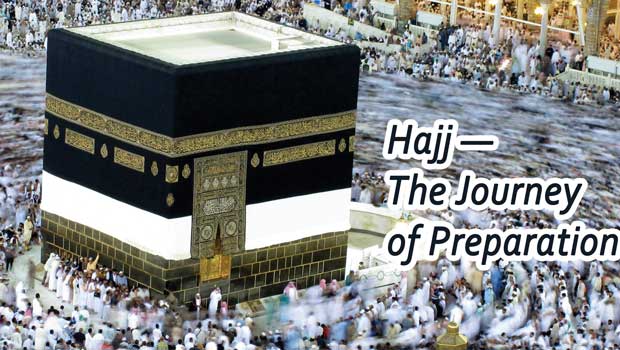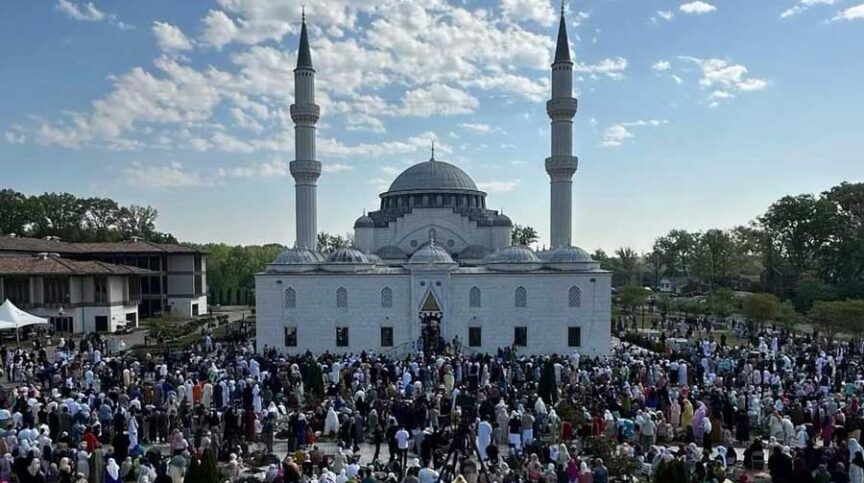“For Hajj are the months well known. If anyone undertakes that duty therein, let there be no obscenity or wickedness nor wrangling in the Hajj. And whatever good you do — Allah knows it. And take a provision for the journey,but, indeed, the best provision is fear of Allah. And fear Me, O you of understanding” (Al-Baqarah:197).
Hajj is full of many important messages but perhaps one of the most important messages of Hajj is“prepare for the hereafter!” Hajj begins with the pilgrims entering the state of ihram in which they are prohibited from having sexual relations, marrying, wearing perfume,and other worldly pleasures. Hence, from the time the pilgrims begin Hajj, the yare directed to minimize the distraction of their worldly concerns and focus intensely on preparing for the hereafter.
Additionally, the standing on Arafah during Hajj reminds the pilgrims to prepare for the day when all of mankind will have to stand before Allah to be judged.The two pieces of white cloth worn by the male pilgrims remind them to prepare for the day when they will be shrouded in similar clothing after their inevitable demise.The timing of the Hajj reminds the pilgrims of the importance of preparing for the hereafter. The Hajj begins at a time of a heightened awareness of preparation. The Hajj takes place in the last month of the Islamic calendar and,naturally, as the year draws to a close, one instinctively begins preparing for the coming year and evaluating the previous years.
During the performance of the rites of Hajj, the pilgrims are directed to reflect upon the obedience and submission(the core meaning of Islam) of Prophet Ibrahim (peace be upon him) and his family.This signals to the pilgrims that proper preparation for the hereafter is simply done by obeying Allah and adhering to Islam.Those who frequently think about preparation for the hereafter are blessed with swift repentance, satisfaction with Allah’s provisions, and active worship. Alternatively,those who don’t think about preparation are often at risk of delaying their repentance,dissatisfaction with Allah’s provisions, and laziness in worship.
Unquestionably,preparing for the hereafter should be a believer’s greatest concern in life. Hence, the last pillar of Islam stresses preparation for it. Furthermore, the last verse of the Quran, the last message for mankind,according to Ibn Abbas (or one of the last verses according to others) tells us to be prepared for the hereafter.Allah says, “And be aware of the day when you shall return to Allah. Then every person shall be compensated for what they earned, and they shall not be dealt with unjustly” (Al-Baqarah:281).
Gyasi Mckenzie is the Associate Director of ICNA Relief—South Central Region. He has a bachelor’s degree in Islamic theology from the University of Madinah and a master’s in theology from Vanderbilt University.




